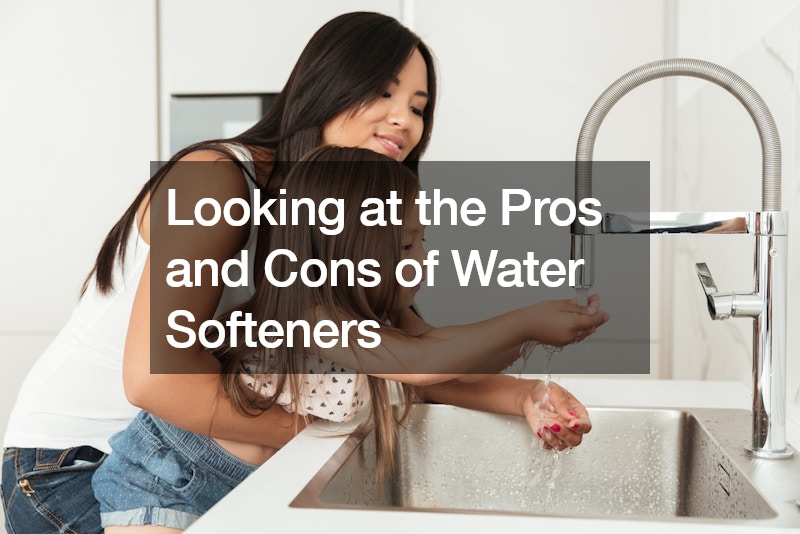Looking at the Pros and Cons of Water Softeners
If you’ve always wanted to improve the quality of your tap water, then you may want to know whether investing in a water softener is worth it. While they are a good investment, a few drawbacks may come, as shown in the video. Here are the main pros and cons of water softeners:
The first benefit of water softeners is a better quality of water. This means your water will lather easily and your electronics like dishwashers and electric kettles won’t have salt deposits. Water softener companies prove that their machines only remove chemicals that cause the hardening. Meaning, you can shrink your soap budget and still have mineral-rich water running through your pipes.
Hard water has minerals that easily stick to pipes and your disposal systems. With time, you’ll notice a white substance and corrosion on your taps, showers and sinks. If left unattended, this may lead to clogging of the pipes. However, water softener companies come to your aid by offering a solid water treatment tool. As such, you can sustain the luster of your metallic taps and showers.
Water softeners eliminate minerals like calcium, which are important for consumption. While it softens the water, the process of softening it exposes it to harmful minerals like lead. Regular consumption of such water could lead to adverse health effects.
While you have the prerogative of choice between soft and hard water, you want to look at which option is good for your health. While hard water may be hard on your skin and hair, it’s consumption-friendly. Water softeners eliminate salt deposits from your plumbing system, save you the cost of unclogging your pipes and taps and reduce metallic corrosion.
.

